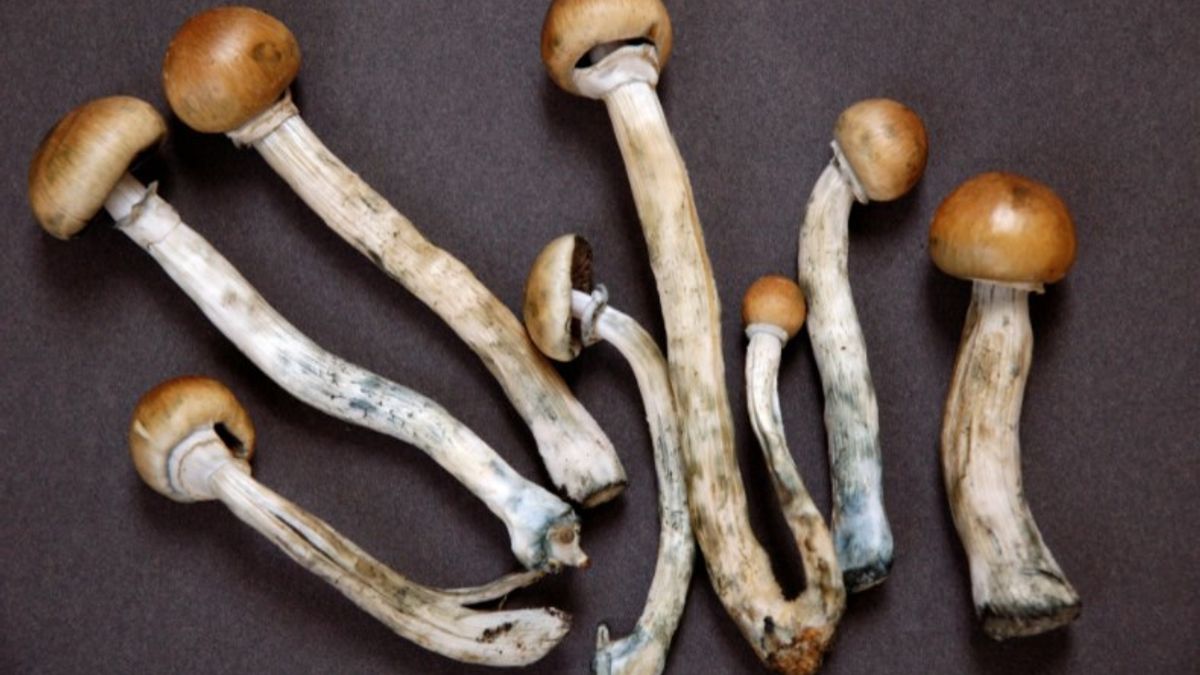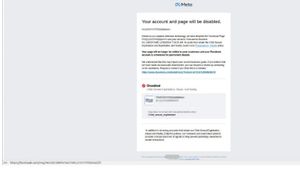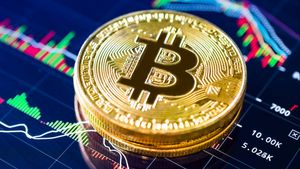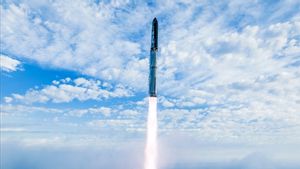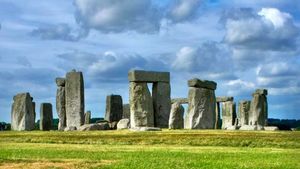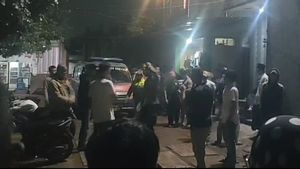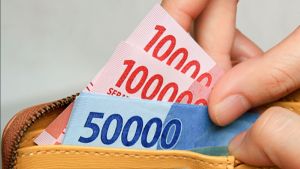JAKARTA - Scientists and Western society call it a magic mushroom. Meanwhile, we, the people of Indonesia, often refer to it as just a mushroom. Or, if you still don't remember, a type of fungus that can only be found in cow dung.
Even though they are in the form of mushrooms and grow naturally, magic mushrooms are known to have psychotropic effects. Can cause hallucinatory effects, euphoria, and many other symptoms in users. Therefore, the Indonesian government also classifies it as a Category 1 drug.
Although it is considered a plant that has a bad effect, researchers have found the benefits of magic mushrooms. Psilocybin, the psychotropic substance in this mushroom, is also known to have potential as an effective antidepressant.
Last April, scientists led by Imperial College London neuroscientist Robin Carhart-Harris ran a phase II trial of comparing the effects of psicolybin with antidepressants. And the results obtained are quite promising.
From these trials, psicolybin turned out to have the same level of effectiveness as anti-depressant drugs. Especially when used for mental therapy.
Now, new trials were conducted on mice. And researchers want to know how the impact of the substance on this magic mushroom on these rodents. The results are quite surprising!
Successfully Get Psilocybin Effect on RatsFrom previous research, scientists have concluded that psychedelic drugs are capable of causing changes in the nerves. However, researchers have not yet discovered what psicolybin actually does to the brain and how long its effects last.
Therefore, scientists also tested it on a mouse. From trials led by neurologist Alex Kwan of Yale University, it was found that the compound was able to trigger an increase in neural connections – just moments after a single dose of psilocybin was injected.
According to the research team, these findings could help explain the antidepressant effects that past studies have found.
"Not only did we see a 10 percent increase in the number of neural connections, but also a 10 percent increase. So, the connection is also stronger too," said Alex Kwan quoted from Science Alert, Wednesday, July 7.
As is known, depression is often associated with the neurotransmitter serotonin. This is a hormone in the body that is in charge of conveying messages or signals from one region to another in the brain.
The effects of psilocybin, and that of many other psychedelic serotonergic drugs such as ayahuasca and mescaline, are also closely related to serotonin. It was this fact that led scientists to explore the potential of psilocybin as an anti-depressant, which was amazingly effective!
The English, Chinese, Japanese, Arabic, and French versions are automatically generated by the AI. So there may still be inaccuracies in translating, please always see Indonesian as our main language. (system supported by DigitalSiber.id)
